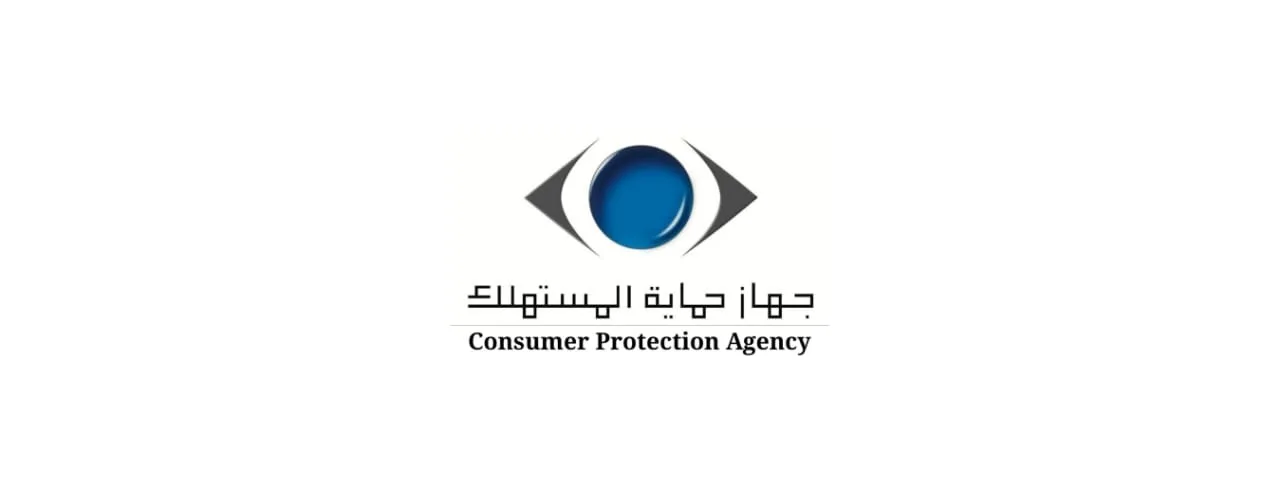The Egyptian Consumer Protection Agency (the “CPA”) has issued new requirements affording consumers greater protections. While the CPA has actively taken measures to ensure that food products clearly provide expiry dates on their packaging, it seems fitting that other products also provide an indication of their projected lifespan.
On 1 February 2022, the CPA issued Decree No. 1/4 for the year 2022 concerning the lifespan of products (the “Decree”), which has come into force on 2 February 2022. The Decree obliges producers, suppliers and importers of goods to publish the lifespan of each product and to provide the necessary service, maintenance, and spare parts centers for the same.
The Decree touches on the main requirements incumbent on producers, suppliers and importers of products, provides a definition of lifespan, and warns against breaches of the lifespan requirement by providing a significant financial penalty.
We guide you through the key highlights of the legislation as follows:
Scope of Application
The Decree defines “lifespan” as the timeframe during which after-sales services are provided which are commensurate with the ability of the product to continue to perform its function. The lifespan commences from the day the consumer receives the product or, in the case of products which require installation, from the day of activation of the warranty.
The abovementioned timeframe is to be determined by the producers, suppliers and importers themselves with due regard to the general rules and legal timeframes for maintenance support. In this regard, the Decree expressly provides that the above is without prejudice to the joint liability of producers, suppliers and importers outlined under the Consumer Protection Law.
The Decree makes reference to products in general without indicating the types of products to which the new lifespan requirement is applicable. Based on the text of the Decree, it may be construed that the lifespan requirement applies to products that are subject to warranties or maintenance requirements such as electrical goods and vehicles, as opposed to consumables.
Publishing Requirements
The lifespan of each product must be clearly published in a legible manner that is difficult to remove on: (i) the product itself; (ii) the container or packaging of the product; (iii) marketing materials concerning the product; (iv) invoices; (v) warranty certificates; and (vi) the manual of the product.
The lifespan may be written in more than one language, provided that Arabic is one of said languages.
Implementation & Sanctions
The Decree affords producers, suppliers and importers a grace period of three months to implement the lifespan requirement.
In this regard, the CPA has included a substantial financial sanction of up to EGP 2 million for failure to comply therewith. Additionally, the Decree leaves open the possibility of the CPA imposing further sanctions that are outlined under the Consumer Protection Law.
Market Reaction
While market players have yet to comment on the Decree, it seems likely that the new lifespan requirement may be considered burdensome and not favorable for several industries and sectors. This is particularly the case as the grace period provided under the Decree is only three months with a hefty fine awaiting those that fail to comply therewith.
On the other hand, the positive impact of the Decree on consumers is significant. When purchasing products, consumers will now be able to foresee their longevity.



